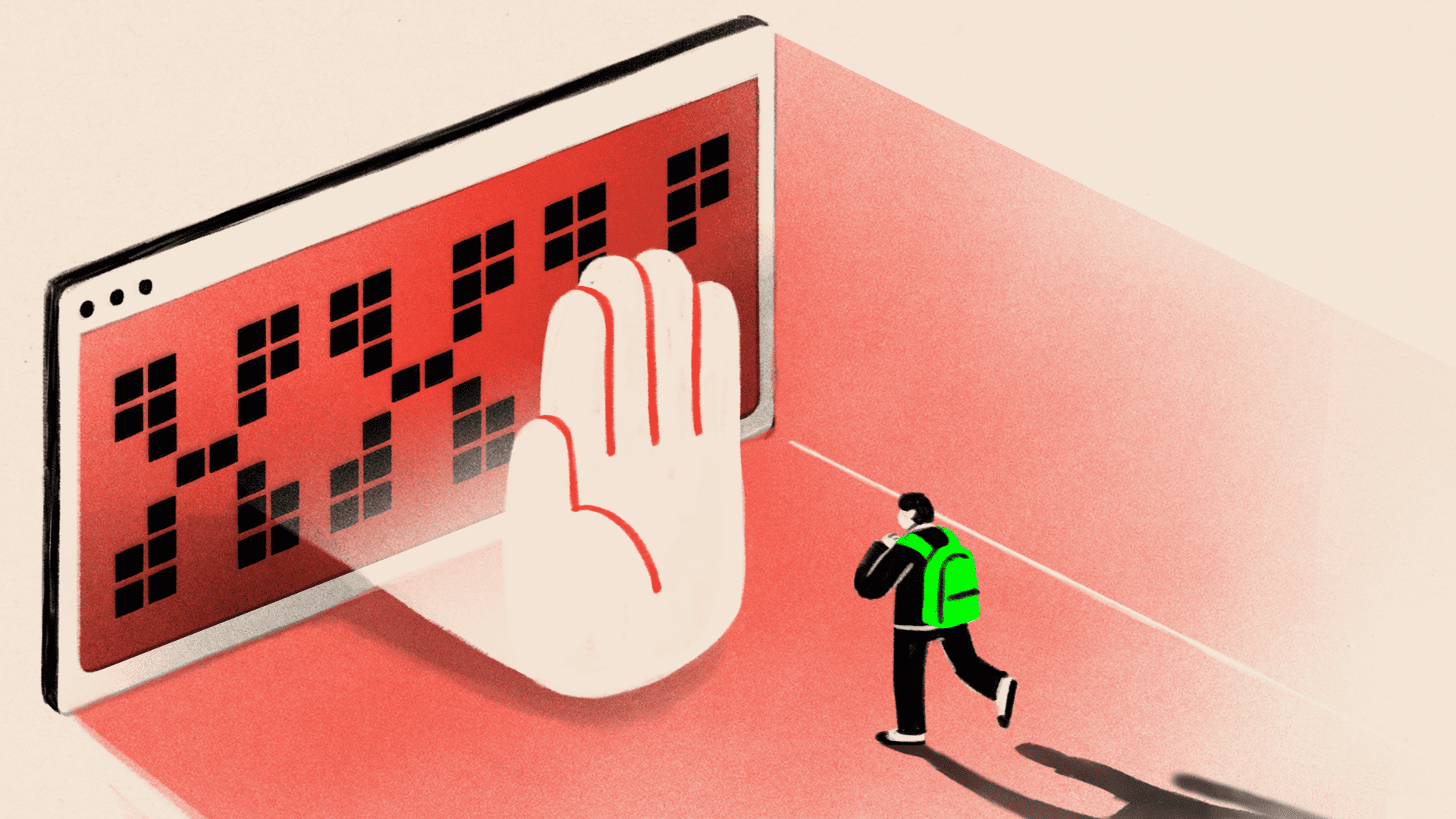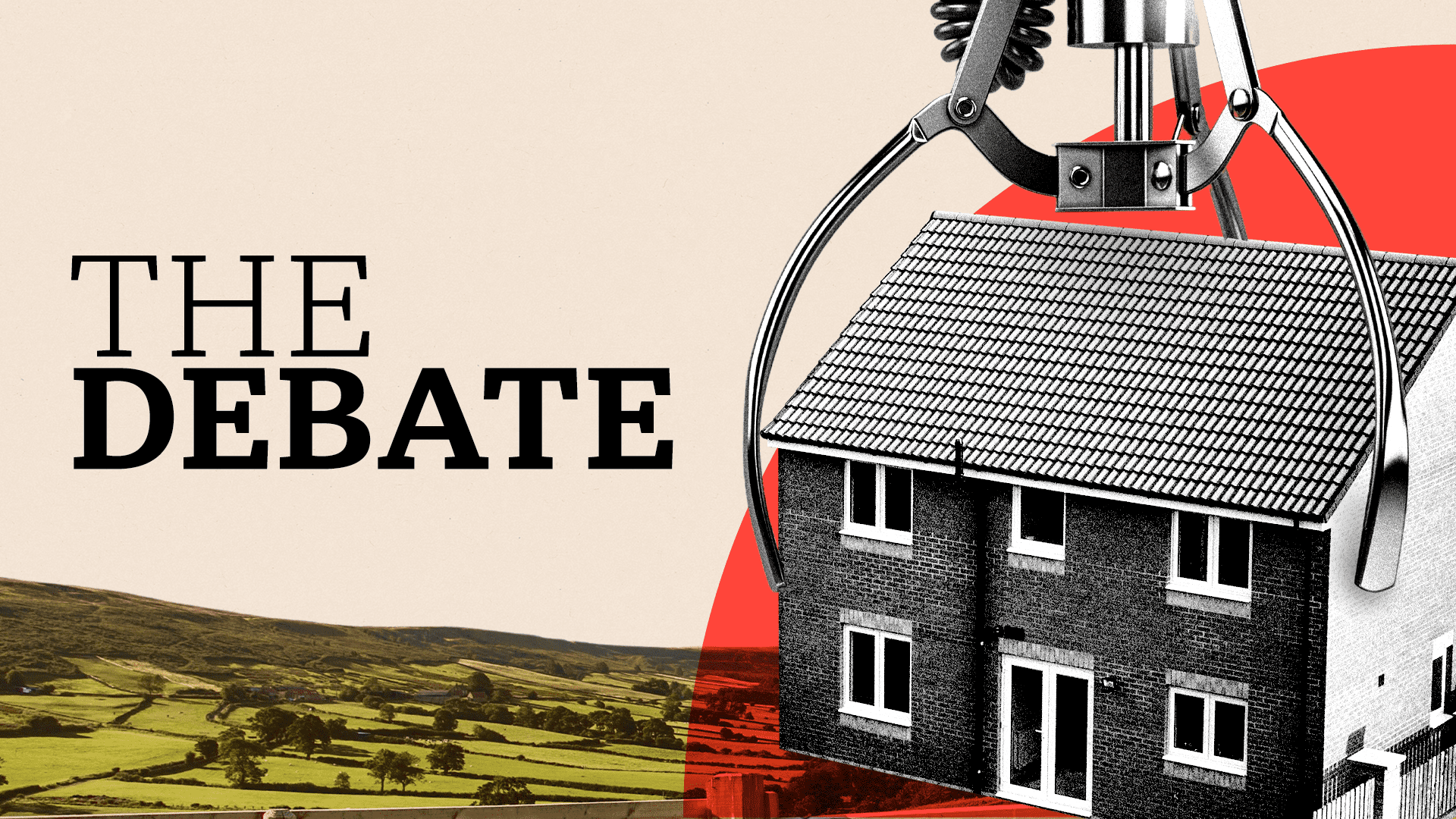The debate: Are facial recognition cameras in shops a step too far?
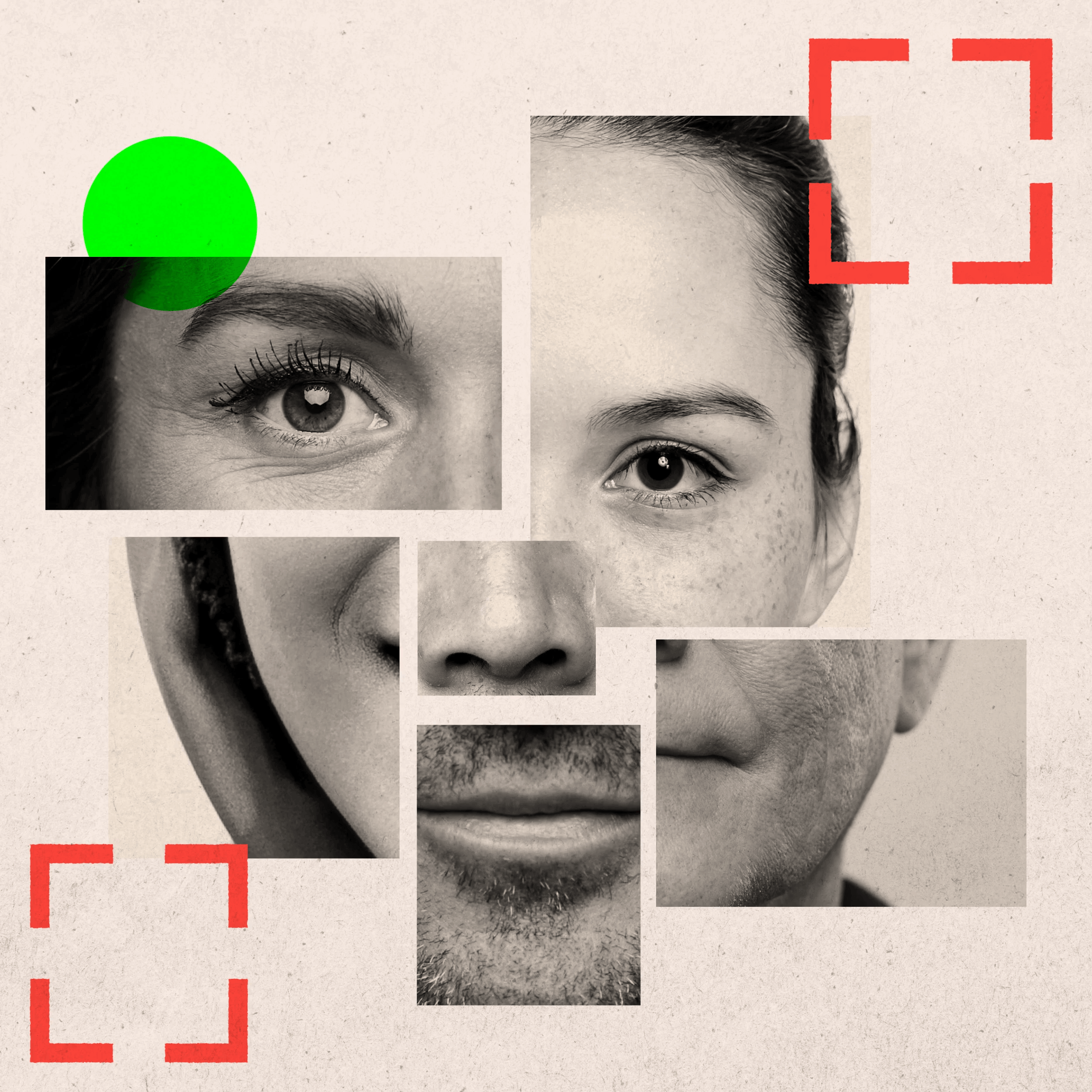
Sainsbury's is testing facial recognition cameras in two of its shops to crack down on shoplifting. If the eight-week trial goes well, they'll consider rolling it out to other stores.
Some other businesses already use the technology, which scans photographs of people's faces and searches for matches. But Sainsbury's is among the most high profile shops yet to deploy the technology. They say it will tackle retail theft, which has risen sharply in the UK in recent years. Others say it's an invasion of privacy. Here, four experts debate the details.
Meet the debate participants




So is this a genius move or a step too far?

We’re in the midst of a property crime wave and retailers are on the front line. Shoplifting is up about 20% in the last year alone, and there are about 2,000 violent incidents against shop workers every day. It’s all having a huge impact.

But using facial recognition to crack down on that is worrying when it’s not governed by primary legislation. We’ve heard from people who have been wrongly barred from shops due to misidentification, sometimes over alleged thefts as low as one pound.

Plus there are so many ways to beat facial recognition, like using a scarf to cover your face.

We're not just talking about shoplifting of a £1 chocolate bar here though, but organised theft of thousands of pounds. When we looked at the cost of crime, the total cost was about £250bn a year, of which about £38bn is taken on by businesses.

Yes, but with facial recognition there’s a risk of misidentification. These systems aren’t fool proof. The tech is biased.
How much is misidentification really a concern?

The problem with the AI is that much of it was created and optimised by people who haven't paid attention to anything outside their own demographic, and a lot was never trialled or tested on darker skin. So people from minority ethnic backgrounds are more likely to be misidentified. Over a decade of studies show this, yet it's still being used.

Misidentification is an important issue but as a police officer, when we did identification parades, people were unreliable too. There’s no perfect solution.
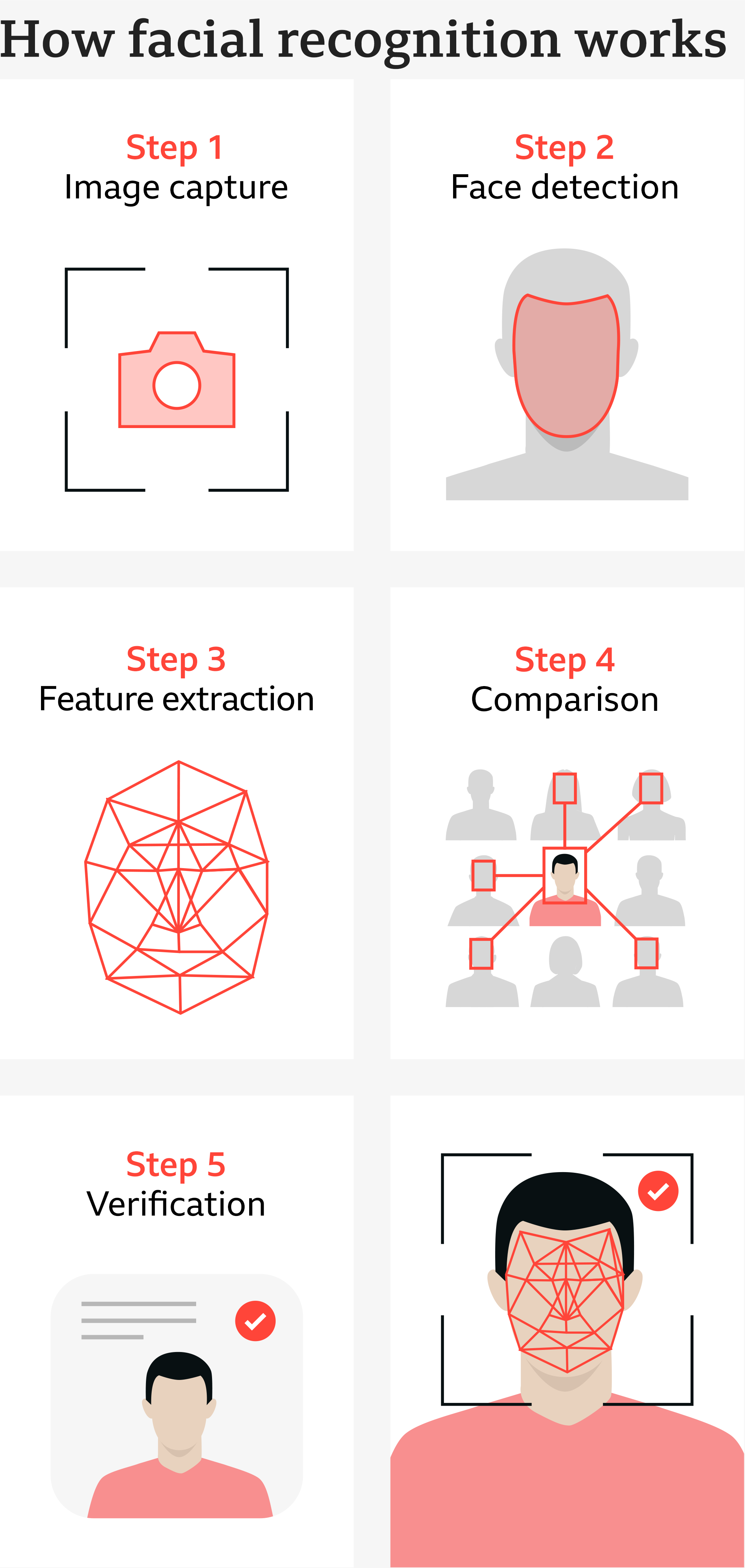

And sometimes it's not even misidentification but pure vindictiveness. I heard a story from one, unnamed business of someone being uploaded to a “watch list” just because the shop owner didn't like them. We really are in the Wild West.
How effective is facial recognition as a deterrent to shoplifters?

You can come out with all the security in the world but if an addict needs to feed that habit, they’re going to find a way. Before this, there was CCTV - that was long used at the Bullring shopping centre in Birmingham, but it didn't stop me from stealing there. Over 70% of shop theft is because of addiction. Jail for addicts is pointless too. We go to jail, we come out, we do the same thing.

I’d suggest there probably is a point in sending them to prison for longer periods of time.

I’ve been to prison 28 times in this country, it doesn’t work. Until you treat the root cause, which [for some] is the addiction, it won’t stop.

But drug-related offending aside, there is also a huge amount of retail theft related to organised criminality. One retailer told me that their stores across two towns on the M62 motorway were targeted by the same gang in 24 hours, and they were able to identify them partially through facial recognition.
Shoplifting numbers rose from 444,022 offences in 2024 to 530,643 this year. What’s behind the spike?

Self service tills have been identified as one reason. But stores are coming back to counter this by saying, let's add more automation to try and combat the problems that have been caused by automation in the first place. So, is the real problem here the lack of people and lack of investment in shop staff?

A person watching me is going to put me off a million times more than a camera or facial recognition.

I certainly wouldn't be in favour of saying we should have no security guards in shops. But ultimately they operate in a tight financial margins environment.
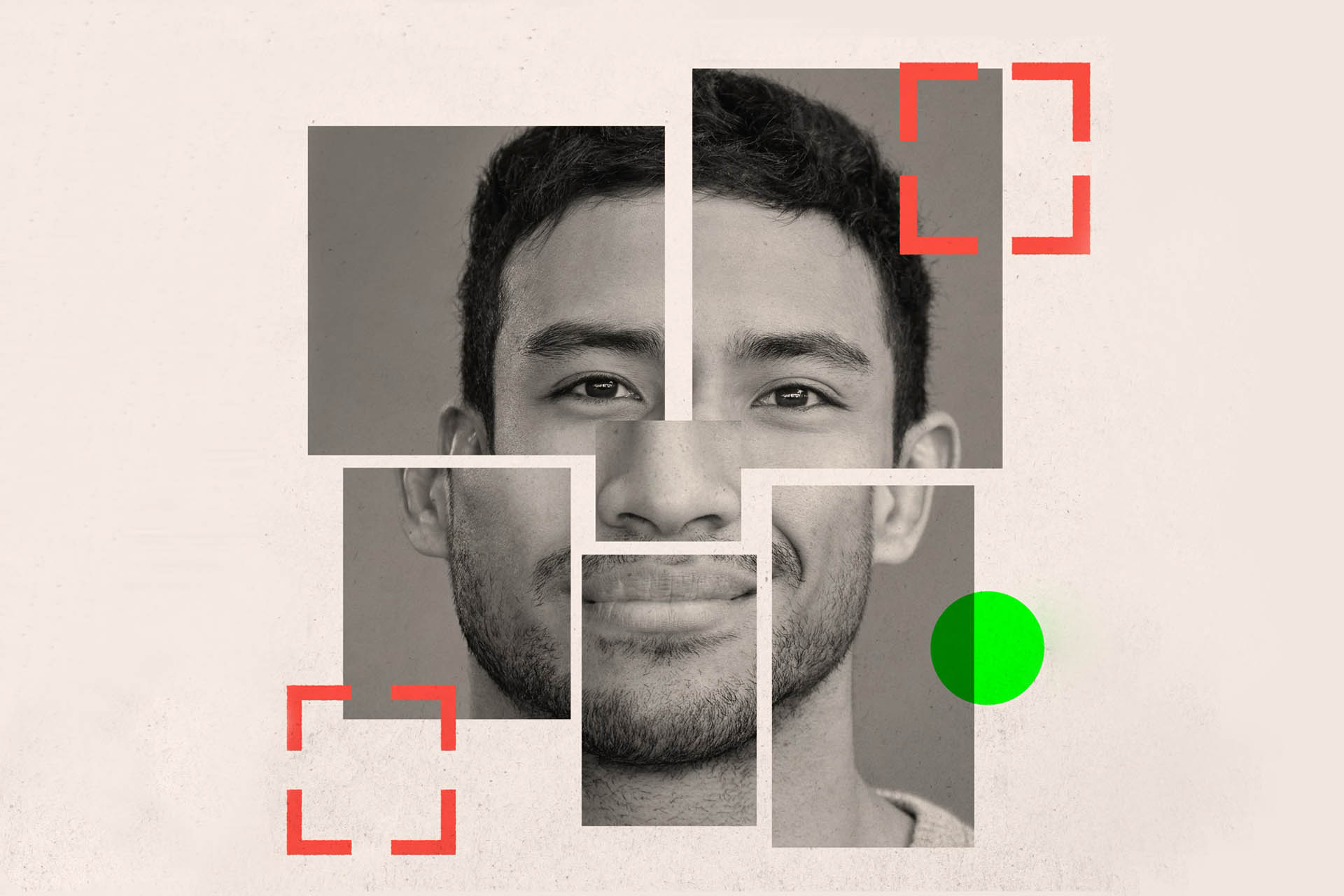
Despite these concerns about privacy and regulation, is it still worth it overall?

We are still in a relatively early stage of the development of these technologies in terms of their deployment. Is that fair to say Kate?

Kind of. They have been around for a bit of time now, but yes.

But we've been using them a lot less than we have security guards and police officers arresting people. So, the debate about what the regulatory framework should look like is still at a relatively early stage.

There are no plans for wide-ranging regulation in the UK, unlike the EU, where they’ve passed the AI Act. So, should we not be pausing this until we have some?

In the EU, the AI Act means it’s illegal for law enforcement to use facial recognition, unless they’re investigating a serious crime. Facial recognition should not be the response.

Plus, there’s the fact that mass surveillance is being normalised, yet we don’t know what happens to the data. This technology is affecting our privacy. I'm not comfortable with that. Not because there's something to hide, but because privacy is important to maintain and I want to draw a line somewhere.

But we live in a time where more data about us is collected by all sorts of organisations, and often we're not even aware it's happening. The reality is that the problem which retailers are facing is significant, and while facial recognition shouldn’t be the only tool used, it is one which can reduce the likelihood of this huge amount of crime.
UPDATE 24 October 2025: This article was updated to include information from Sainsbury's on the steps taken before anyone's photo is added to the facial recognition system they use.
By Florence Freeman and Luke Mintz. Illustrator: Jodi Lai
